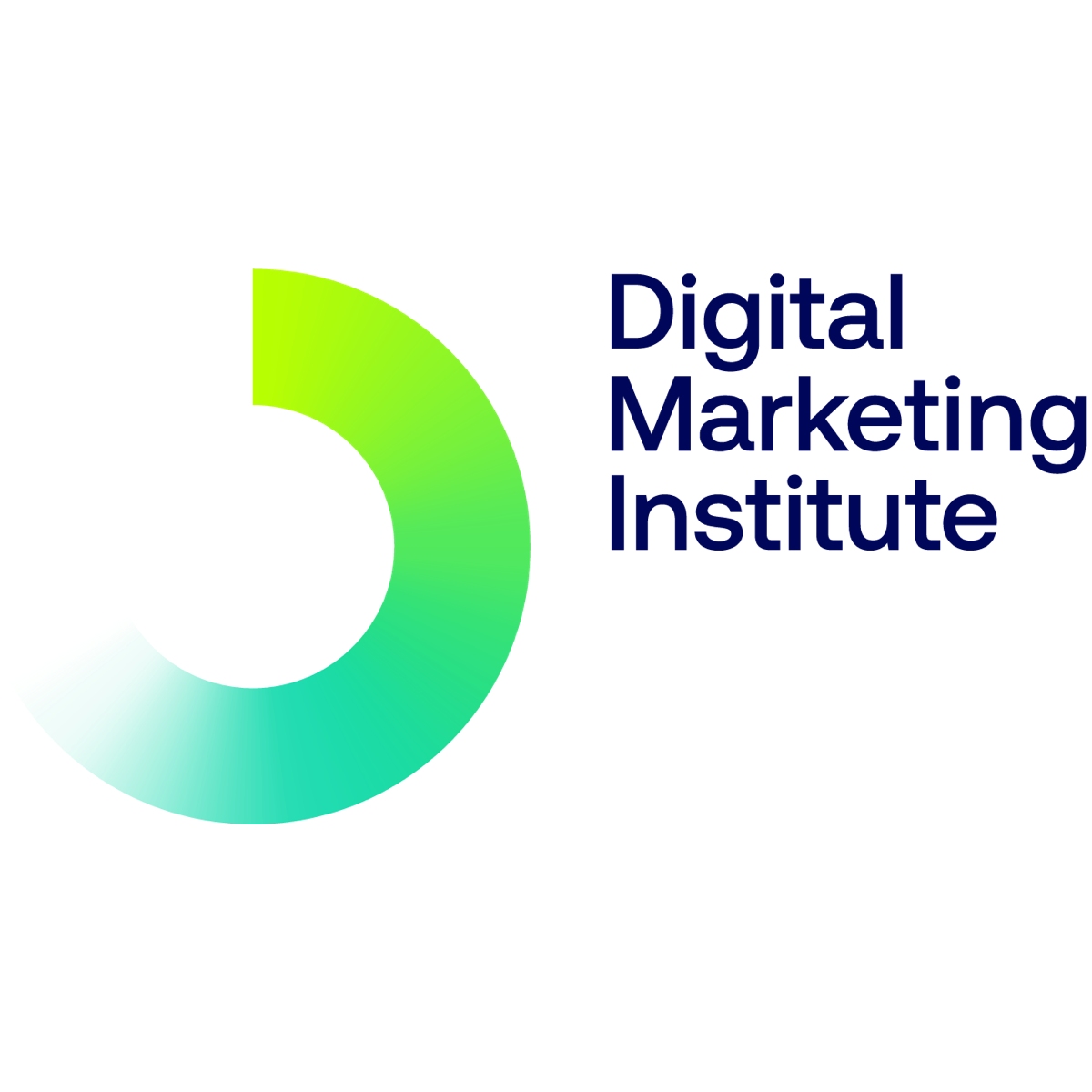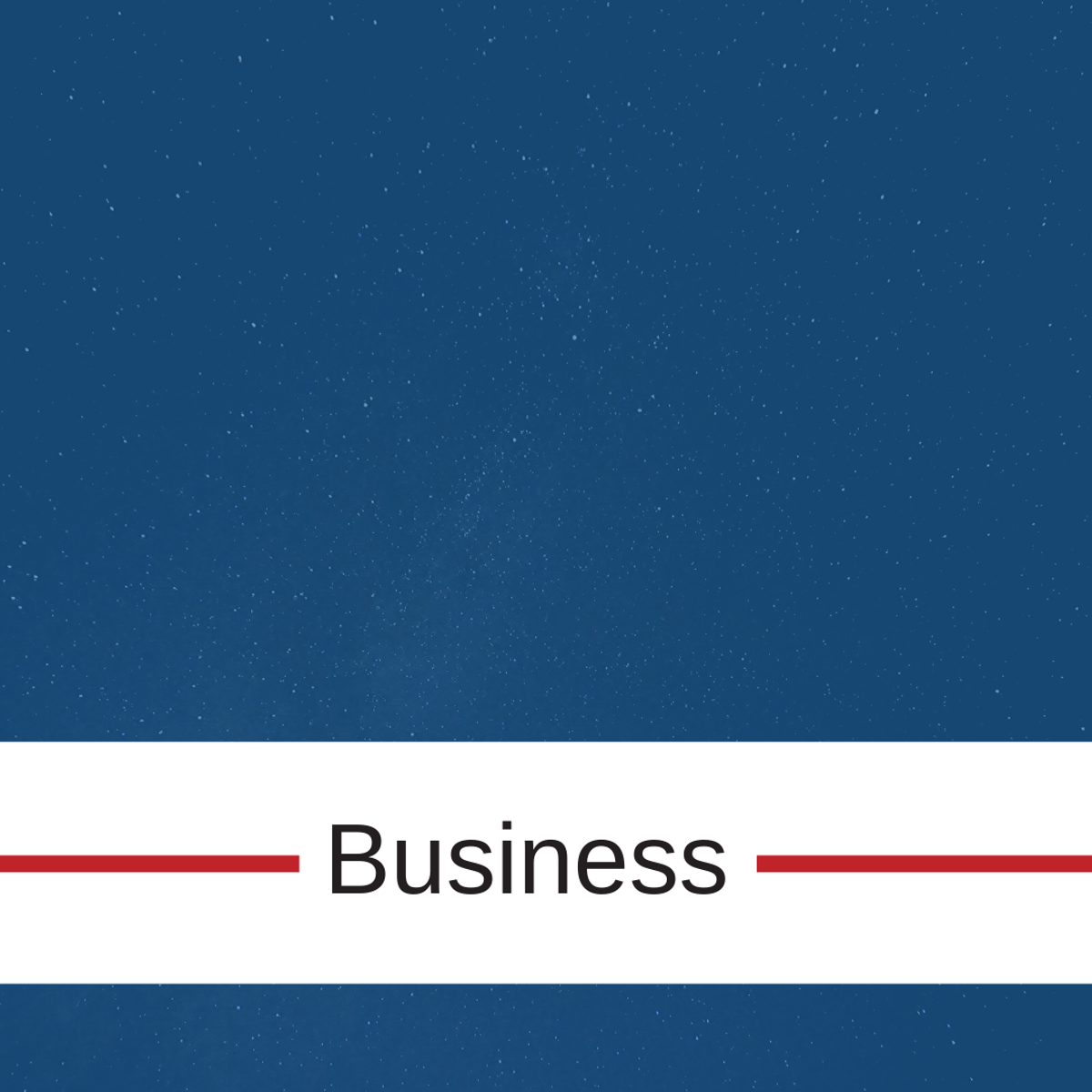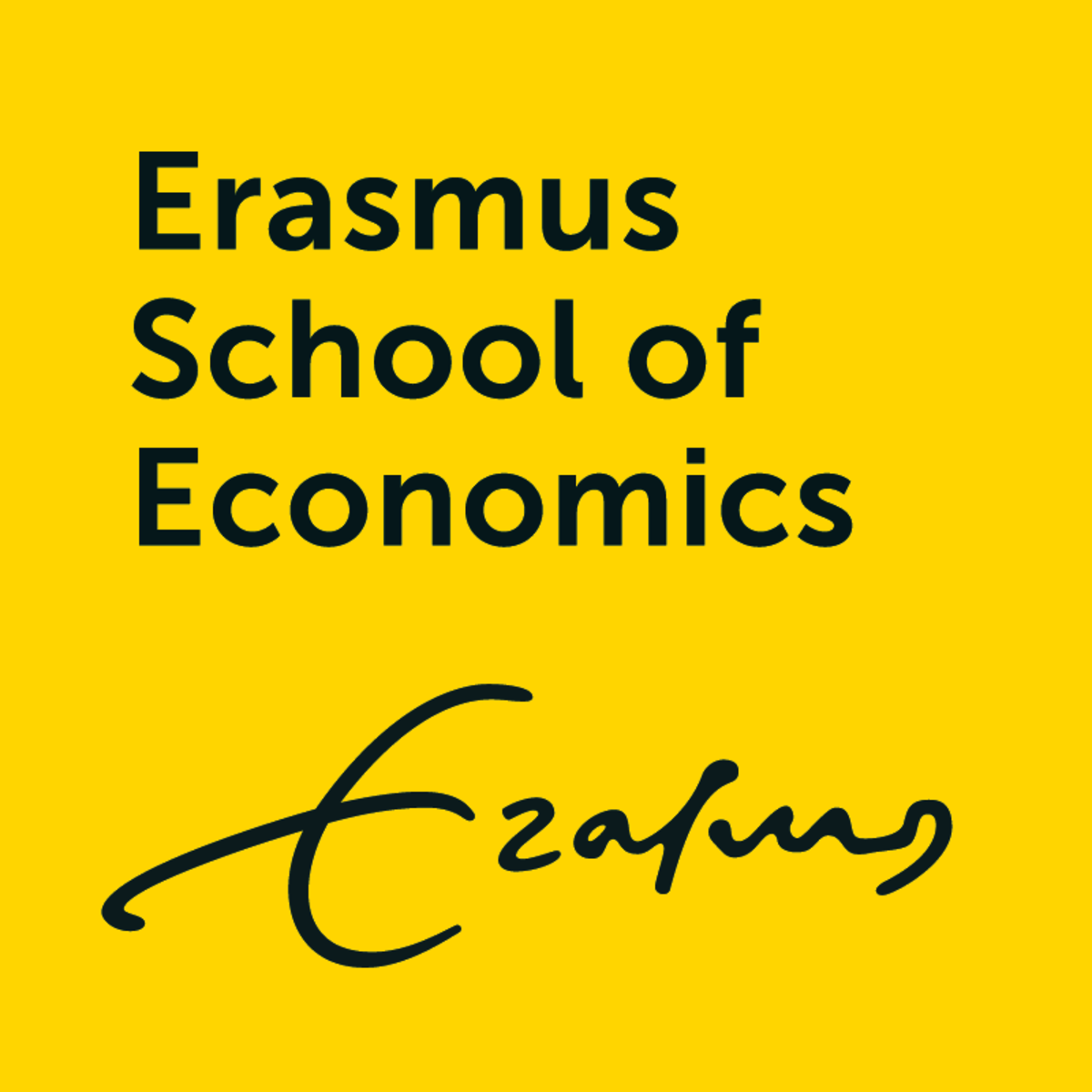Back to Courses









Business Strategy Courses - Page 11
Showing results 101-110 of 543

Cut Time to Production with Action Mapping in Miro
By the end of this project, you will be able to accelerate product development with action mapping.
To create the action map you will gain hands-on experience identifying, defining, and prioritizing tasks with an end goal in mind to optimize the development process in the Miro online visual collaboration platform for teamwork.
Note: This course works best for learners who are based in the North America region. We’re currently working on providing the same experience in other regions.

International Business Environment
This course explores the international business environment in which organisations function. You’ll learn about core analysis methods, including PESTLE, SWOT, and Boston Box Matrices, as well as the applications of Porter’s Five Forces. You’ll have the opportunity to participate in discussion forums and access case studies, as well as testing your understanding in quizzes.
This course forms part of a specialization from the University of London designed to help you develop and build the essential business, academic, and cultural skills necessary to succeed in international business, or in further study.
If completed successfully, your certificate from this specialization can also be used as part of the application process for the University of London Global MBA programme, particularly for early career applicants. If you would like more information about the Global MBA, please visit https://mba.london.ac.uk/.
This course is endorsed by CMI

Empathy, Data, and Risk
Risk Management and Innovation develops your ability to conduct empathy-driven and data-driven analysis in the domain of risk management. This course introduces empathy as a professional competency. It explains the psychological processes that inhibit empathy-building and the processes that determine how organizational stakeholders respond to risk. The course guides you through techniques to gather risk information by understanding a stakeholder’s thoughts, feelings, and goals. These techniques include interviewing, brainstorming, and empathy mapping. The course concludes by using this risk information to enrich data analysis. You will learn basic data visualization concepts in Tableau and use these concepts to explore and explain data. Throughout these analyses, the course challenges you to identify risks by focusing on unmet stakeholder needs.

Strategy Formulation
The purpose of this course is to present, analyze and discuss the different facets of business strategy formulation. Emphasizing that strategy can be seen as a unified theme that provides coherence and direction to the actions and decisions of a firm, we will cover a variety of business strategy topics concerned with firm positioning in the context of different markets, industries and locations.
At the end of the course, you will be able to:
- Identify why a strong strategy is essential for the future business success
- Formulate a business strategy that suits the needs and visions of your organization
- Explain why managers too often formulate sub-optimal strategies
- Extrapolate measures to optimize current business strategies
Workload: 2-4 hours per week.

Twitter, LinkedIn, and YouTube Marketing
Digital Marketing Institute is the global standard in Digital Marketing Certification. Our mission is to give our students the confidence and knowledge they need to advance in their careers through this specialization.
YouTube is second only to Facebook in popularity as a social network in 2021, with almost 2.3 billion active users. Twitter has introduced new fact-checking tools in response to recent controversies and remains a key platform for businesses striving to serve and engage audiences in real-time. LinkedIn is critical for B2B marketing, both for organic and paid social content distribution. If you want to better understand the ever-shifting landscape and challenges marketers face to grow and sustain brands on social, this course will help you do so.
You will learn the basic principles of advertising on Twitter, LinkedIn, and YouTube. After completing this course, you will be able to: -
• Apply best practices for publishing tweets and using hashtags on Twitter
• Manage and optimize the performance of Twitter advertising campaigns
• Build a company’s presence on LinkedIn
• Measure the performance of LinkedIn advertising campaigns
• Recognize the key role of social video and YouTube for online marketing
• Create engaging advertising campaigns to run on YouTube
This course also introduces the concepts of social selling and personal branding for B2B sales and marketing. It covers the differences between traditional and social selling and why businesses are adopting social selling tactics to engage with buyers. This is the final course in the Digital Marketing Institute’s Social Media Marketing specialization.
On completion of all courses in your Specialization, you will also be awarded a Digital Marketing Institute Certified Digital Marketing Associate certification, along with three months of free Power Membership, allowing you to boost your career and unlock your next opportunity. 92% of DMI members have said their courses have had a positive impact on their careers, while 88% are now working at senior or manager level.

Create a Project Charter with Google Docs
Have you been assigned to manage a project and don’t know how to start capturing all the pertinent information into a succinct and crisp format?
By the end of this project, you will create a master and living document, containing important information that you and stakeholders can refer back to as your project develops.
A Project Charter is a living document that displays core information of a project, such as the project's name, sponsors, problem and goal statements, scope, benefits, and timeline. It is used typically in Lean Six Sigma DMAIC (Define, Measure, Analyze, Improve, Control) methodology at the inception of the project, and is consistently referred back to throughout the project’s life, and thereafter.
With minimal software skills, you will be able to categorize this information into a document using a simple table structure. This course will include beginner level skills using Google Docs. Creating a logically organized Project Charter is a great way to not only summarize all the moving parts of your project into one handy document but also to measure your project's success.

Advanced Valuation and Strategy - M&A, Private Equity, and Venture Capital
Hi and welcome to this course!
Would you like to learn about the latest valuation methods that may help you to make better business decisions? Then 'Advanced Valuation and Strategy – M&A, Private Equity, and Venture Capital' by Erasmus University Rotterdam is the right course for you! This course is helpful for executives that need to value complete strategies and for all students interested in corporate finance and strategy. We present the latest tools and show you how to apply them!
We will revolutionize your way of decision making, by extending static techniques from corporate finance with dynamic methods to quantify strategic thinking. Traditionally, we assess the attractiveness of an investment as a mature business, where future cash flows mainly result from past decisions. But, in an ever-changing world, strategic decisions determine the firm’s long-term success and market value. Yet managers often have to consider these long-term implications using intuition and experience alone, with little guidance from structured, quantitative analysis.
Our treatment goes far beyond the use of standard valuation analysis. We introduce the expanded NPV, which brings together DCF, real options, and game theory. Thinking in terms of options, games, and adaptive strategies may help managers address strategic questions such as: How do you value a leveraged buyout? How can you value a high-tech venture with negative cash flows? When should you invest in new ventures in stages? How can you incorporate rival bidders in the analysis?
The tools we provide can improve your decisions in business and in daily life.
* Who is this class for?
We hope that our course appeals to (graduate) students in finance, economics, and business, as well as to high-ranking professionals and a general audience. This course is particularly interesting for venture capitalists, private equity investors, investment bankers, CEOs, CFOs, and those who aspire these affiliations. We offer this MOOC at 3 levels:
1.Executive Summary:
This 1-week module provides critical insights into the principles of corporate valuation and strategy. This is accessible for time-constrained executives and the general audience without any prior knowledge.
2. Student Level:
This level involves an understanding of the technical details. This level requires basic knowledge of concepts in corporate finance, e.g., the time value of money, financial statement analysis, capital structure, and the relation between risk and returns. Learners of this level can skip week 1.
3. Honors Level (honors certificate):
This level is challenging, engaging, and compelling to an intellectually rigorous student.

Sustainable Digital Innovation
Two of our most profound business challenges are digitalization and sustainability. They are rapidly changing the way we are doing business both today and in the future. Therefore, in the Sustainable Digital Innovation course, we explore the business opportunities that can open up when we align our strategy with sustainability goals.
You will gather knowledge on:
* understanding the sustainable contextual framework
* the methods and tools for your business to address sustainable challenges of different means
* how digital technologies can help you manage and innovate your role in your business ecosystem and support sustainable development in business and society
* the existing and emerging cases of digitally-enabled sustainable solutions - as these solutions are of value to industries on various markets.
Your course leads, Program Director - Staffan Movin, and Jan Agri - Senior Advisor Circular Economy, will guide you through the various perspectives of the field, providing you with the methods and tools you need based on applied research findings. You will also get valuable insights from major business leaders and experts. For example, you will meet:
- Björn Stigson, former President of The World Business Council for Sustainable Development (WBCSD)
- Elaine Weidman Grunewald, Sustainability executive, author, board member, founder of AI Sustainability Center, and former SVP at Ericsson
- Henrik Henriksson, former President and CEO of Scania
- Annika Ramsköld, Vice President Sustainability, Vattenfall.
After the completion of this course, you can deepen your knowledge with the live professional course, Sustainable Digital Innovation. For more information and registration details follow this link: https://professionalschool.eitdigital.eu/sustainable-digital-innovation

Agile Projects: Creating User Stories with Value in Taiga
This guided project was developed to engage and harness your visionary and exploratory abilities. During this course, you will use input from previous phases of project development. Together we will identify, map, and analyse User Stories which are the components that make up the themes of the customer experience with the product and service.
This is an important step for individuals or companies wanting to map value for customer to product features in new products or services; also, for enhancing their existing offerings. By the end of this guided project, you will be fluent in identifying and creating User Stories for agile projects.
We will discuss directions for the next phase of the project development; furthermore, the learned concepts and tools will help you generate solutions for use as part of your project management solutions and in presentations to various stakeholders.

Content Strategy for Professionals: Capstone Project
The Capstone Project will let you demonstrate all that you have learned throughout the Content Strategy Specialization. It is an exciting learning experience that takes you through developing an effective Content Strategy package to meaningfully understand its scope and impact.
The Capstone is centered on a fictional web startup, Wish I Was There, which aims to be the go-to travel guide for anywhere in the world using recommendations crowdsourced from local experts. While it is not a real company, the assignment you are asked to complete is similar to the work you would do in the real-world. By the time you’ve finished developing your response to this case, you will see how it directly relates to what confronts you in your own work. For the Capstone assignment, assume you have been selected to develop a Content Strategy for the section of Wish I Was There’s website for the region, people and culture where you live and work. You will need to create a visual mock-up of a webpage that appeals to the audiences you want to reach as well as a comprehensive plan to engage with them.
Popular Internships and Jobs by Categories
Find Jobs & Internships
Browse
© 2024 BoostGrad | All rights reserved